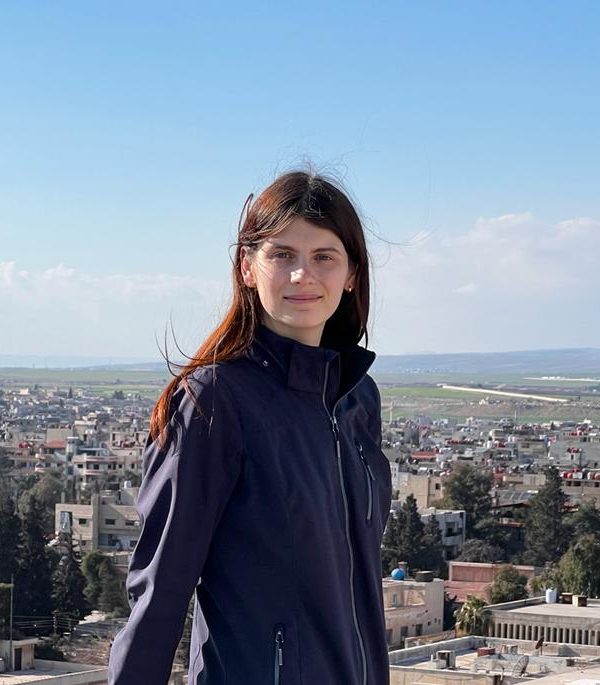
Crackdown on Kurdish Media Signals More Pre-Election Repression
The detentions of more than 20 journalists from independent pro-Kurdish news agencies signal an intensified crackdown on media freedom in Turkey’s Kurdish regions—a concerning indicator that repression and conflict may increase as Turkish President Recep Tayyip Erdogan consolidates power in the run-up to elections.
What Happened
On Wednesday, June 8, Turkish police detained 21 journalists, including Serdar Altan, the co-chair of the Dicle Fırat Journalists Association (DFG); all-women’s agency JINNEWS director Safiye Alagas and editor Gulsen Kocuk; and Mesopotamia Agency (MA) editor Aziz Oruc and journalists Omer Celik, Suat Doguhan, Ramazan Geciken, Esmer Tunc, Neşe Toprak, Zeynel Abidin Bulut, Mazlum Dogan Guler, Mehmet Sahin, Elif Ungur, Ibrahim Koyuncu, Remziye Temel and Mehmet Yalcin.
The detentions may constitute the largest single-day crackdown on Turkey’s remaining independent media in recent years. According to the Committee to Protect Journalists, 18 journalists in total were in prison in Turkey at the end of 2021. If all the journalists detained today are arrested, that number will double.
Attacks on independent media outlets operating in Kurdish regions, like MA and JINNEWS, are not new. They usually coincide with renewed violence and anti-democratic repression in Kurdish regions.
Because these outlets publish in Kurdish, cover topics of interest to the Kurdish public, and report critically on abuses by security forces, arbitrary detentions of politicians and activists, and cross-border military operations, the government targets their reporters with anti-state charges that carry draconian prison sentences.
After the imposition of the state of emergency in 2016, Turkey shut down at least 15 pro-Kurdish media outlets. In 2020, five MA reporters were behind bars, and 40 more faced criminal charges.
Why It Matters
The agencies targeted by today’s detentions are key primary sources that the international community relies on for documentation of human rights violations in Turkey’s Kurdish-majority southeast and in Turkish cross-border operations in Syria.
Reporters for major international agencies in Turkey rarely venture east of Ankara. Turkey’s state-controlled and pro-government media often provide misleading and inaccurate information in order to reflect the government’s position.
Pro-Kurdish agencies, by contrast, are on the ground in the major Kurdish cities and rural areas where abuses are most common. They investigate allegations of government abuses despite the risk to their freedom and livelihoods.
A Mezopotamya Agency reporter was the first to document the abduction and torture of two Kurdish villagers, Osman Siban and Servet Turgut, in Van in September 2020. JINNEWS is currently following the case of a YPJ prisoner of war illegally transferred to Turkey from Syria and jailed under Turkish anti-terror laws.
The fact that these detentions coincide with threats of a new Turkish military operation in northern Syria and an uptick in mass arrests of HDP politicians and activists is thus unlikely to be a coincidence.
The targeting of pro-Kurdish news outlets is not just an attack on press freedom. It is also a signal that rights violations in Kurdish regions are likely to intensify. Turkey’s government seeks to evade accountability and international scrutiny by preventing information about anti-democratic repression and abuses related to the Kurdish conflict from being published and disseminated internationally.
The raids also show the fate that other independent media in Turkey is likely to meet as elections draw closer. A proposed law on “disinformation” will impose prison sentences on anyone who “misleads the public” on matters related to health, public order, and national security. Journalists and opposition figures across the political spectrum have already criticized the bill.
By adding new restrictions to an already hostile landscape for Turkey’s media, Erdogan hopes to block critical coverage of the government during the campaign. He also likely wants to inhibit the media’s ability to cover any election irregularities—up to, and including, a potential stolen, contested, or overturned 2023 vote—and any violence or unrest resulting from such a situation.


